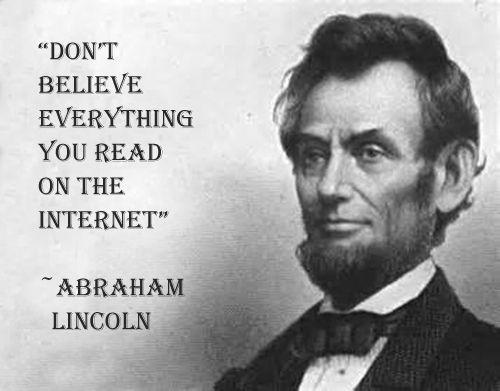
Our acquisition of information through reading, whether from printed pages or computer screens, engages our senses and can be likened to soaking up knowledge like sponges. However, there exists a challenge in this process. We can fall prey to deception, both in misinterpreting what we see or hear and in allowing emotions to override reason.
Suppose we were studying history in college; it would be crucial to understand our teacher’s perspective. For instance, if our teacher is a Marxist historian with a belief in economic determinism, being aware of this viewpoint is important. We can still learn from such individuals, but it’s essential to comprehend their worldview.
The same principle applies to watching television news. We must consider the preconceived notions of the speakers or writers and be mindful of any potential agenda at play. It is important to encourage critical thinking and ask the question: “Where is the writer, speaker, teacher, or preacher coming from?” Understanding the source of information is vital in processing it effectively.
Unfortunately, many people neglect to apply common sense, making them susceptible to manipulation by those who aim to deceive. These principles extend to all sorts of public discourse, including classrooms, politics, and the media.
Nowhere is the application of these principles more critical than in matters of religion. The Bible serves as a comprehensive source of truth for understanding our spiritual lives. It provides revealed and absolute guidance on how to live a life of faith. God teaches us to think in two ways: by observing the rational order of the world and through examples in the Bible that illustrate correct thinking.
When contemplating our spiritual life, it is essential to evaluate both the source of our information and the manner in which we approach it. Are we relying on a televangelist who simply seeks financial gain, or are we diligently studying the Bible? The source of our spiritual information matters. Additionally, we must consider whether our thinking is driven solely by emotions or if we engage our minds. The way we think significantly influences our perception of information and ultimately determines what is right or wrong based on God’s standard.
Regarding spiritual matters, let us carefully assess the source of our information and approach it with thoughtful consideration. This discernment can make all the difference between eternal life and eternal damnation.

